SEARCH
ALL NEWS

New open research positions
Join BIFOLD and collaborate with renowned experts on cutting-edge Machine Learning and Data Management research! Develop robust, trustworthy, and sustainable AI solutions with our team of international scientists.

Email security under scrutiny: Examining SPF weaknesses
Cyber security researchers at BIFOLD found weaknesses in Sender Policy Framework (SPF) records, which protect email users from forged senders. The paper “Lazy Gatekeepers: A Large-Scale Study on SPF Configuration in the Wild” includes an analysis of 12 million domains’ SPF records and was now presented at the 2023 ACM Internet Measurement Conference.
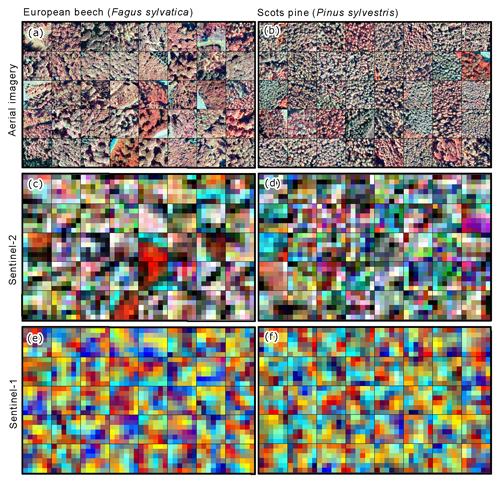
Research from the very top
BIFOLD scientist Prof. Dr. Begüm Demir explains the benefits of using Explainable Artificial Intelligence (XAI) to enhance earth observation satellite data analysis in the Tagesspiegel TU Berlin supplement.
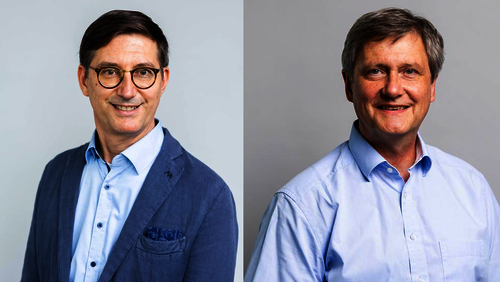
Shaping Berlin's scientific community
The two BIFOLD initiators and co-directors, Prof. Dr. Volker Markl and Prof. Dr. Klaus-Robert Müller, are considered by the newspaper Berliner Tagesspiegel to be among the 100 most important figures in Berlin's scientific community.
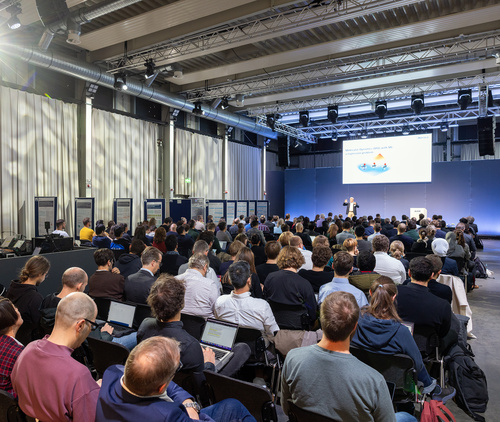
Photo recap: All Hands Meeting 2023
On October 9 and 10, 2023, BIFOLD welcomed the other Geman AI centers (ScaDS.AI Dresden/Leipzig, Lamarr Institute, Tübingen AI Center, MCML, and the DFKI) in Berlin. The annual meeting featured guests, partners, visitors, and researchers from all over Germany.
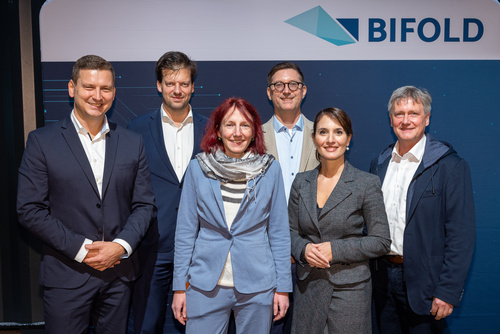
AI centers are the foundation of the German AI ecosystem
On October 9th and 10th, 2023, the Berlin Institute for the Foundations of Learning and Data (BIFOLD) at TU Berlin invited scientists from the university AI competence centers (BIFOLD, ScaDS.AI Dresden/Leipzig, Lamarr Institute, Tübingen AI Center, and MCML) and the DFKI to Berlin to present and discuss the latest results of their research on the EUREF campus.
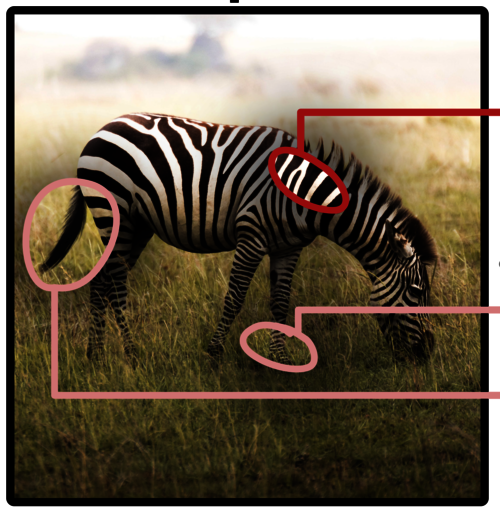
AI - finally explainable to humans
As of today it remains difficult to understand how an AI system reaches its decisions. Scientists at the Fraunhofer Heinrich-Hertz-Institut (HHI) and the Berlin Institute for the Foundations of Learning and Data (BIFOLD) at TU Berlin have collaborated for many years to make AI explainable. In their new paper the researchers present Concept Relevance Propagation (CRP), a new method for explainable AI that can explain individual AI decisions as concepts understandable to humans.

CORALS at Tokyo Biennale 2023
CORALS is a kinetic sound sculpture by the Italian media artist Marco Barotti. The installation was created as part of the BIFOLD Artist in Residence Program and is now being exhibited at one of the largest art fairs in Asia.
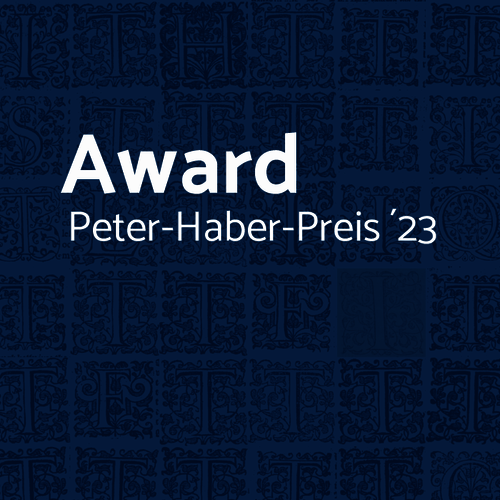
Peter-Haber-Preis for AI in historical sciences
Bachelor student Anika Merklein's award-winning poster uses AI to unveil secrets of early printing.
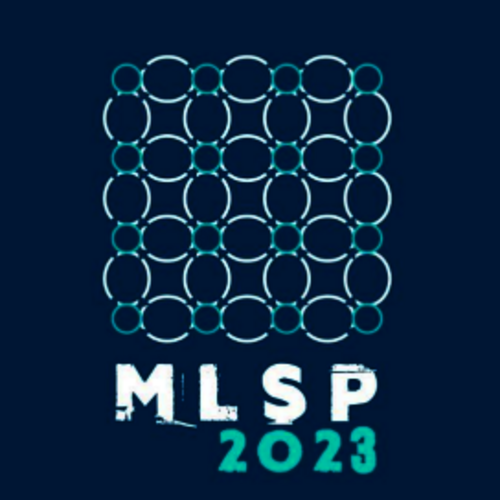
33rd IEEE MLSP Workshop in Rome
Between September 17th and 20th, the 33rd annual "IEEE International Workshop on Machine Learning for Signal Processing" (MLSP) takes place in Rome. Prof. Klaus-Robert Müller, the director of BIFOLD, shared his expertise in machine learning through a keynote speech and panel discussions.

